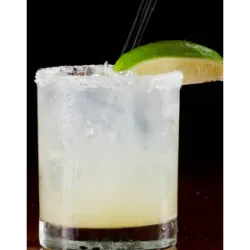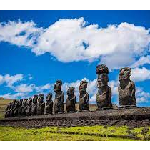Tequila: Mexico's Iconic Drink

THE tequila , a famous Mexican alcoholic beverage, is distilled from the blue agave plant and has a deeply rooted origin in the Jalisco region of Mexico. Tequila production dates back to pre-Hispanic times, when indigenous peoples were already extracting a fermented drink from the agave, known as pulque. However, it was in the 16th century, after the arrival of the Spanish, that distillation was introduced, giving rise to tequila as we know it today.
Tequila is produced through the fermentation and distillation of the mexa, the heart of the agave plant. After being harvested, the plant is cooked and crushed, releasing the juice that is fermented and distilled. There are different types of tequila, such as blanca, which is bottled immediately after distillation, and añejo, which ages for a period of time, acquiring more complex flavors.
Recognized worldwide, tequila can be consumed neat, as a traditional shot, or in iconic cocktails such as the margarita. Since its origins in Jalisco, tequila has spread throughout the world, becoming a symbol of Mexican culture and an essential ingredient in parties and celebrations. In 1974, tequila received a designation of origin, protecting its production and quality, consolidating it as one of the most globally recognized drinks.
Did you know?















